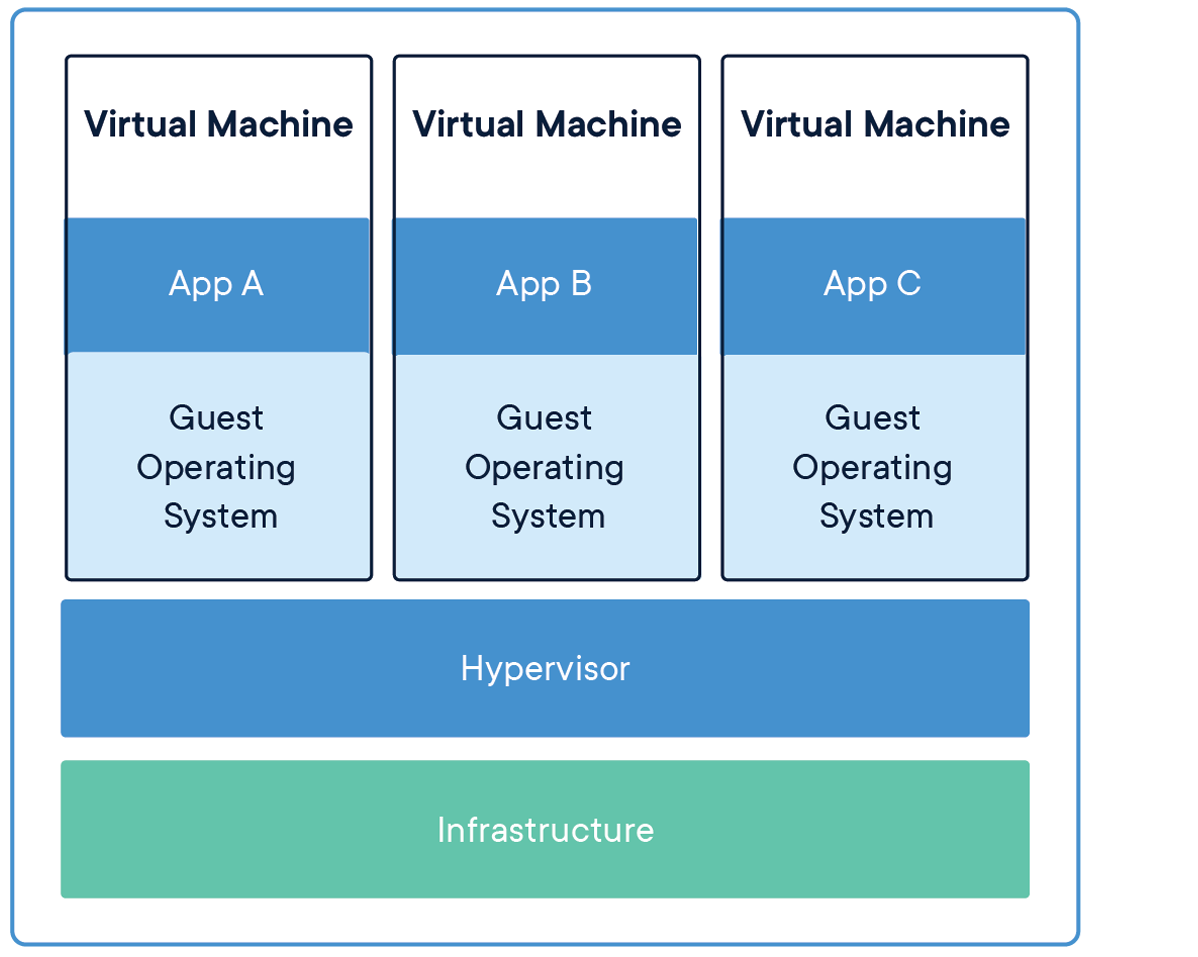What is Container Orchestration?
What is Container Orchestration? | Varchasv Hoon
In the field of DevOps, you must have heard about Containers, Docker and Kubernetes. But have you ever wondered what exactly Container Orchestration is?
To understand what Container Orchestration we must cover the basics first:
Containers
A Container is an executable package that contains everything required for it to run, such as code, dependencies, libraries, configuration files, etc.

They are commonly used for building and deploying modern, cloud-native applications, as they offer benefits like faster development cycles, easier deployment and scaling, and improved application reliability and consistency.
Container Orchestration
Container orchestration refers to the management and coordination of containerized applications across multiple hosts, ensuring that they run efficiently, reliably, and at scale. It involves automating the deployment, scaling, and management of containerized applications, as well as their associated services and infrastructure.
Platforms like Kubernetes, Docker Swarm and Apache Mesos offer features like automatic load balancing, container scaling, container health monitoring, and service discovery, which help ensure that containerized applications are highly available, fault-tolerant, and scalable.

Why do we need Container Orchestration?
Because Containers are lightweight and ephemeral by nature, running them in production can quickly become a massive effort. Particularly when paired with microservices which typically each run in their containers a containerized application might translate into operating hundreds or thousands of containers, especially when building and operating any large-scale system.
This can introduce significant complexity if managed manually. Container orchestration is what makes that operational complexity manageable for development and operations or DevOps because it provides a declarative way of automating much of the work. This makes it a good fit for DevOps teams and culture, which typically strive to operate with much greater speed and agility than traditional software teams.
Benefits of Container Orchestration
Scalability: Container orchestration platforms like Kubernetes provide automated scaling capabilities, allowing applications to scale up or down in response to changing demand without requiring manual intervention.
High Availability: Container orchestration platforms ensure high availability by automatically detecting and replacing failed containers or nodes, ensuring that applications are always available.
Resource Management: Container orchestration platforms manage resource allocation and utilization, making sure that applications get the resources they need to run efficiently.
Automated Deployment and Rollbacks: Container orchestration platforms provide automated deployment and rollback capabilities, allowing applications to be deployed and rolled back with minimal downtime.
Service Discovery and Load Balancing: Container orchestration platforms provide automated service discovery and load balancing, making it easy to distribute traffic across multiple instances of an application.
Portability: Container orchestration platforms make it easy to move applications between different computing environments, such as development, testing, and production environments.
Resources
To learn more about Kubernetes and Container Orchestration, Check out my blog on the same.
For Visual learners,
Conclusion
Container orchestration simplifies application development and deployment by automating tasks like deployment, scaling, and management, providing benefits like improved scalability, high availability, resource management, automated deployment and rollbacks, service discovery and load balancing, portability, and security.
As container adoption grows, container orchestration is becoming an essential tool for organizations to stay competitive in today's technology landscape.
You can now Sponsor me if you like my blog posts and you can always subscribe to my newsletter to be up-to-date with my new blogs.

